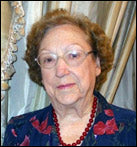
This is a guest blog post by Dr. Geraldine Haggard, who is a retired teacher, Reading Recovery teacher leader, author, and university teacher. She spent 37 years in the Plano, TX school system. She currently tutors, chairs a committee that gifts books to low-income students, teaches in her church, and serves as a facilitator in a program for grieving children.
Home involvement can facilitate a child's growth in reading and writing.
The purpose of this blog post is to help teachers encourage this involvement. This post will present ideas for beginning of the school year, during the year, and the end of the school year.
EARLY IN THE YEAR
 Many schools have open houses the first week of the year.
This can give you, the teacher, an opportunity to meet the parents and help them understand that you are friendly and available. If there is a formal presentation of the year and some questioning time, you can assure the parents that some early screening will be done and that you can share the results at the first formal conference. This is not the time to conduct private conversations.
Many schools have open houses the first week of the year.
This can give you, the teacher, an opportunity to meet the parents and help them understand that you are friendly and available. If there is a formal presentation of the year and some questioning time, you can assure the parents that some early screening will be done and that you can share the results at the first formal conference. This is not the time to conduct private conversations.
Your positive attitude can assure those who are new to the school or come with concerns about the child's strengths or needs.
You can introduce the parents to your class library with books on various levels visibly present. You can also share and explain the role of the school library. Encourage parents to continue reading to their children. Explain the integration of reading, writing, and the content area and make parents aware of the emphasis on this. The fact that you use reading and writing in the content areas can assure the parents who feel each area should have a special time block.
DURING THE YEAR
If your school schedules individual conferences with parents, here are some reminders of some the important characteristics of successful conferences:
-
 Provide your personal summary of the child's strengths and explain special positive goals for the child as he or she progresses.
Emphasize the child's strengths and explain how the child can use them. Share with the parents the next goal(s) in reading and writing that you have set for your involvement with the child. Share only one or two major goals. Explain why each goal is important, how you plan to help the child achieve it, and how the parents can help you.
Provide your personal summary of the child's strengths and explain special positive goals for the child as he or she progresses.
Emphasize the child's strengths and explain how the child can use them. Share with the parents the next goal(s) in reading and writing that you have set for your involvement with the child. Share only one or two major goals. Explain why each goal is important, how you plan to help the child achieve it, and how the parents can help you.
- Look at the parents as you speak to them in a friendly, positive way. You want them to leave knowing that you care and value the contacts that you have with their child and them.
- Explain your plan for the child to read and write at home. Explain how books are selected for home reading, the importance of rereading some books, and the purpose of the independent reading levels. The instructional level is for school use. Share the fact that some of the books in the take-home bag have been used in guided reading but need to be reread.
 The family modeling of reading and writing at home can help the child see that what they are receiving at school is also important to the parents.
One way to do this is to have a special time each day when everyone in the family reads. The boys need to see a man reading and enjoying the newspaper, or a book.
The family modeling of reading and writing at home can help the child see that what they are receiving at school is also important to the parents.
One way to do this is to have a special time each day when everyone in the family reads. The boys need to see a man reading and enjoying the newspaper, or a book.
AN EXAMPLE OF ONE SCHOOL'S PARENT WORKSHOP
I helped one principal of a Title I school and her teachers share ideas with parents. They invited parents to be at school at dismissal time and to bring a snack for their children. While the children ate their snacks, a teacher used a student as an example and spent fifteen minutes demonstrating how to help a child as they read their take-home book.
Session topics included how to introduce the book , emphasis on not giving child an unknown word without modeling how to approach the unknown word, the importance of fluency and how to encourage fluency, introducing an unknown vocabulary word, how to help child develop a core of sight words that he can read quickly, and how to use known parts of a word to unlock an unknown word. Each session was based on one of these topics. Teachers floated and helped parents who needed help as they worked with their child. This was another fifteen-minute block of time.
Your school librarian might have a thirty-minute open house in the library. She and teachers can take small groups of parents and children and demonstrate how to decide if a library book is appropriate for the child to read. The parents can be encouraged to read to the child above the child's independent reading level.
Reading Recovery teachers with whom I worked recorded the child reading orally several times during the year. The date of the reading was shared before the child read. The parents got to hear the growth over a period of time and the changed instructional levels and in fluency.
PARENTAL GUIDANCE AT THE END OF THE SCHOOL YEAR
A letter thanking parents for sharing their child with you can also include ideas for helping the child to continue to read and write during the summer. The following ideas could be included:
- Children who do not read and write during summer can lose up to three months of their growth during the school year.
- Many public libraries have summer programs for children. The participating child may be asked to keep a record of the books read during the summer. The parents can continue to read to their children.
- Summer provides opportunities for the child to write thank-you notes, diaries of a trip, letters to school friends that they may not see during the summer, and to keep summer memories in a scrapbook with pictures, maps, and other items from trips or other activities.
- Parents can make books available while the family is traveling by car or flying.
- Thank parents for their support during the school year. Work samples from the year can become treasured family history.
Parents can become partners in the task of helping every child become a good reader and writer. Share your special ideas with your principal and consider special guidelines for parental support in your district.
~~~
Geraldine Haggard is the author of several books from our Kaleidoscope Collection Series. For more information about the K aleidoscope Collection Series click HERE to return to our website or click the series highlight page below.



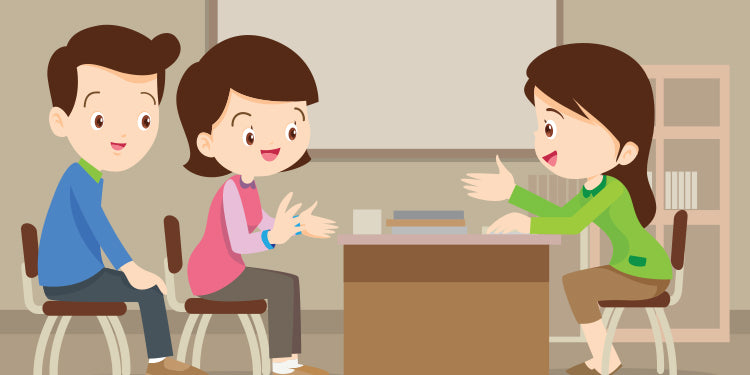
 Provide your personal summary of the child's strengths and explain special positive goals for the child as he or she progresses.
Provide your personal summary of the child's strengths and explain special positive goals for the child as he or she progresses.







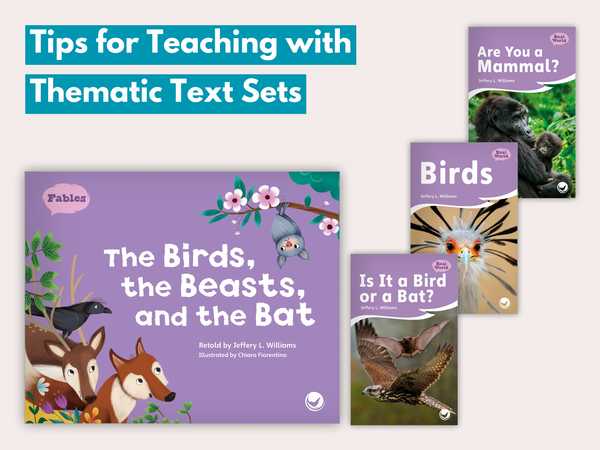
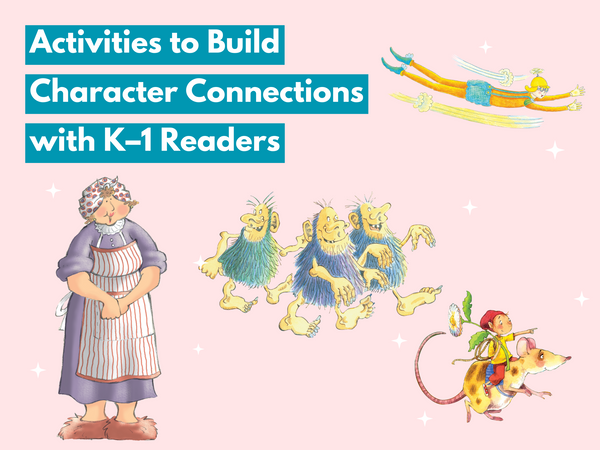
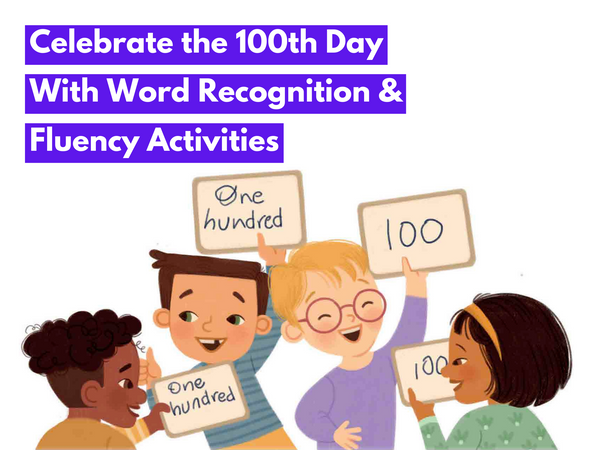
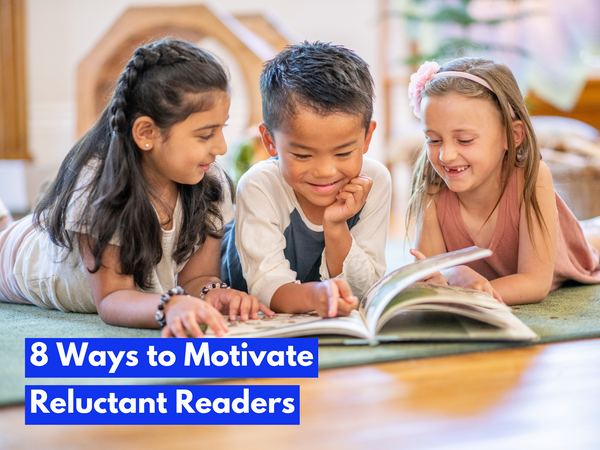
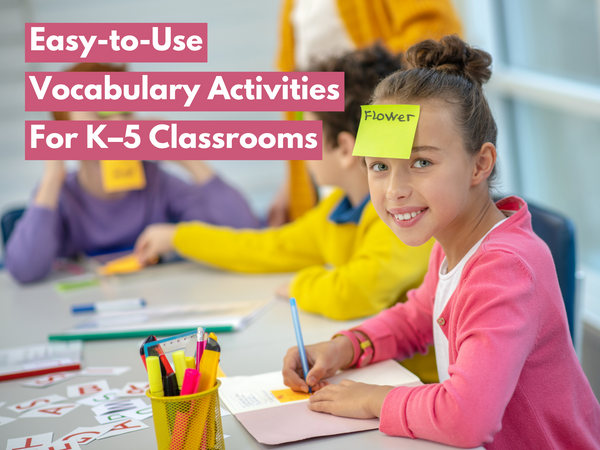
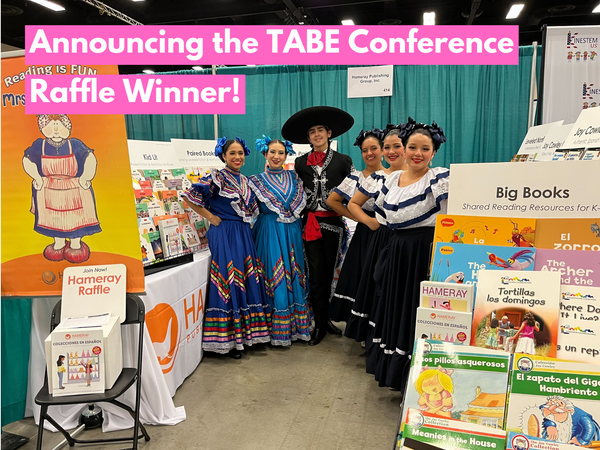
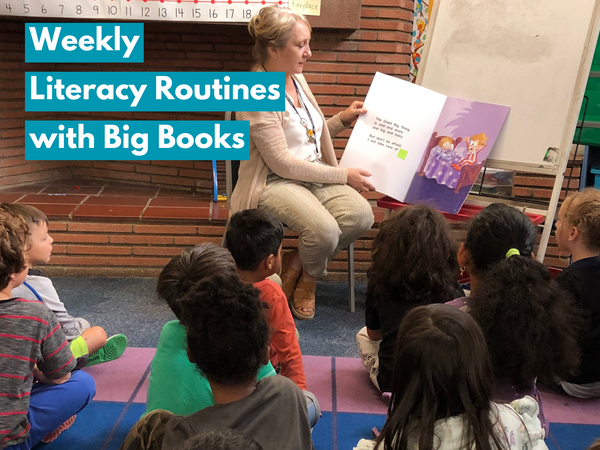
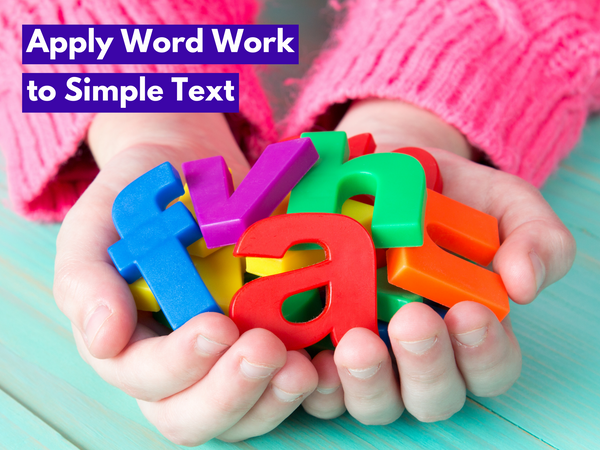
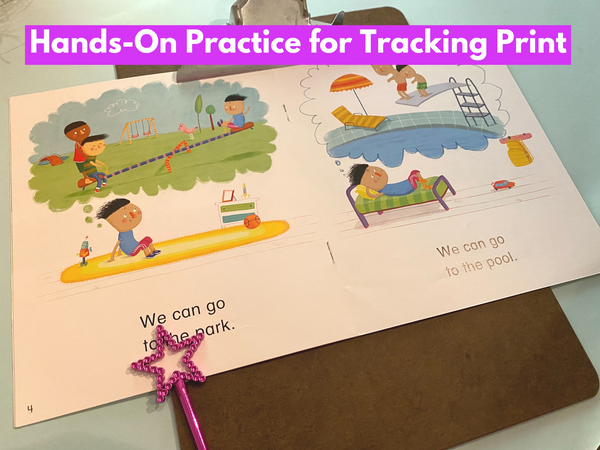
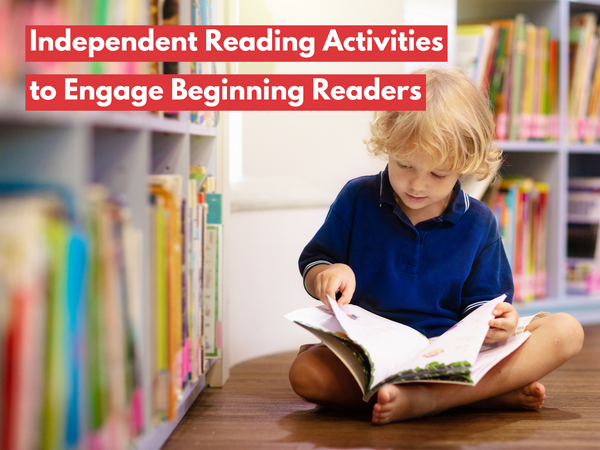
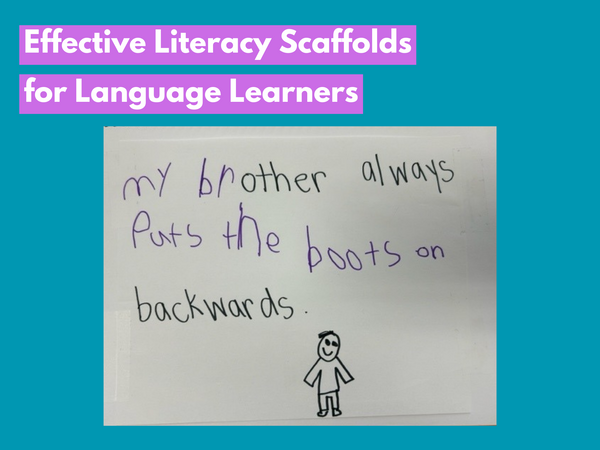
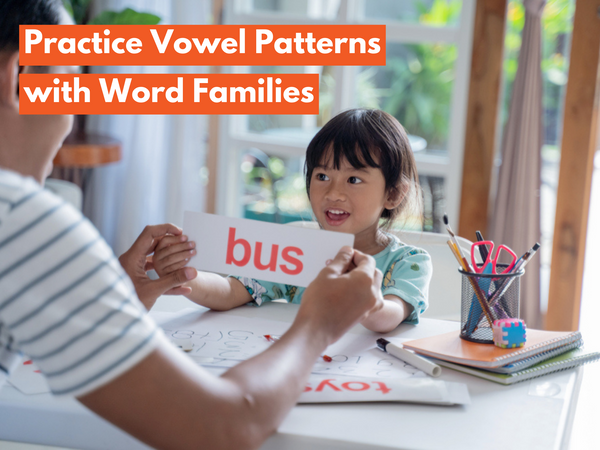

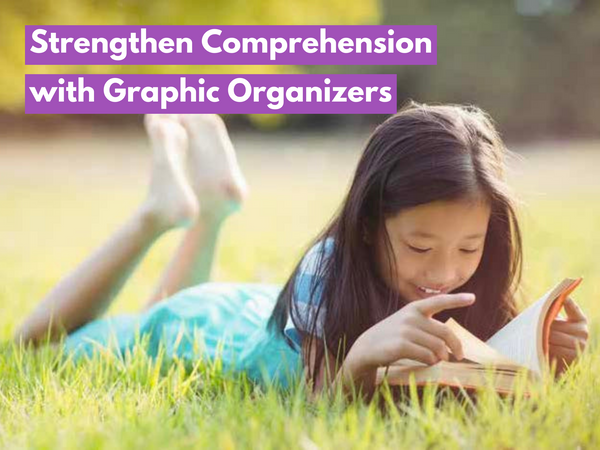
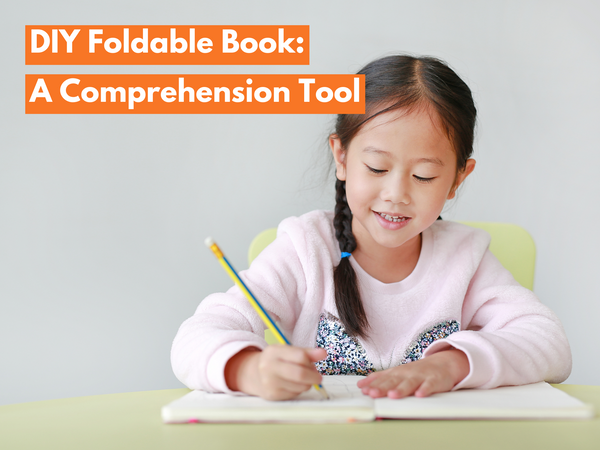

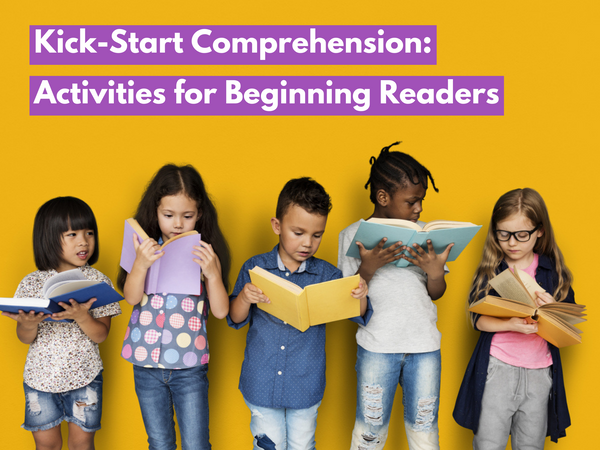
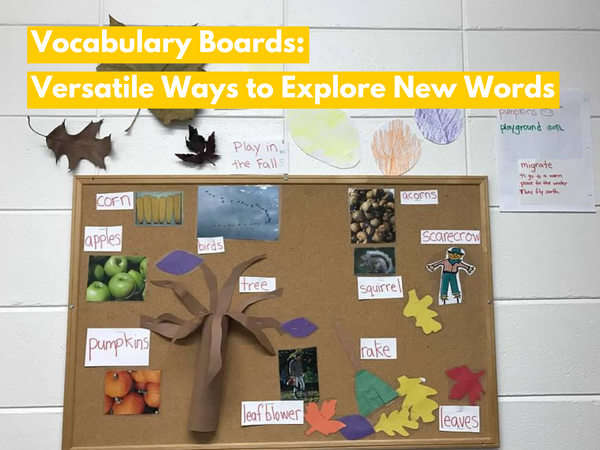
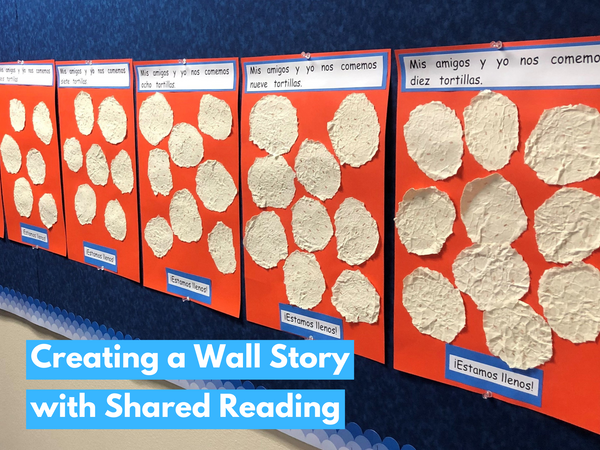
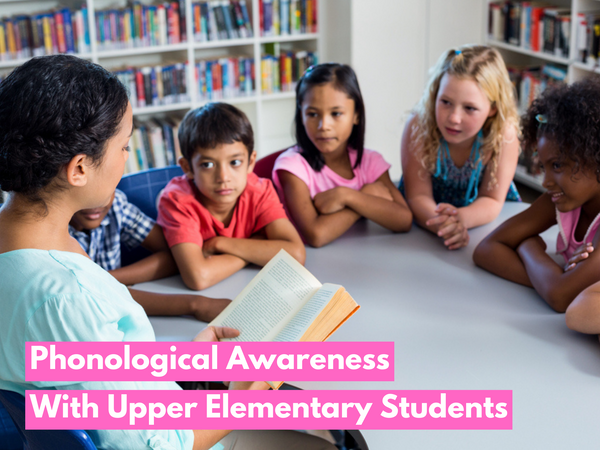

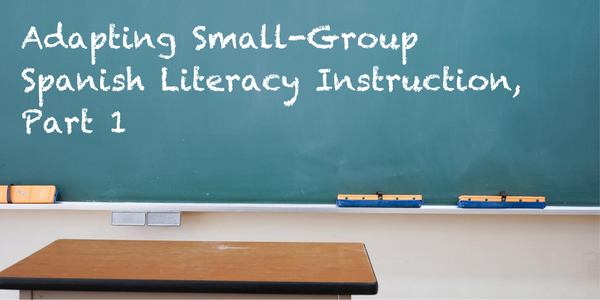
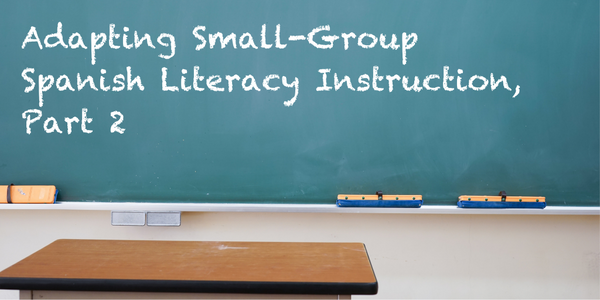
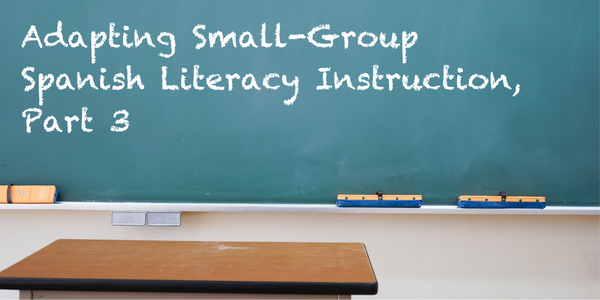
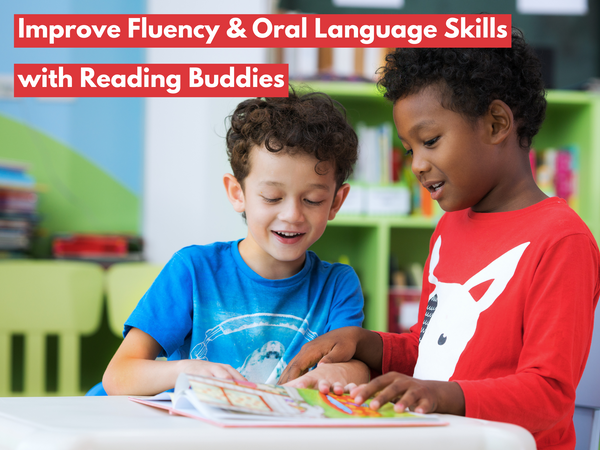
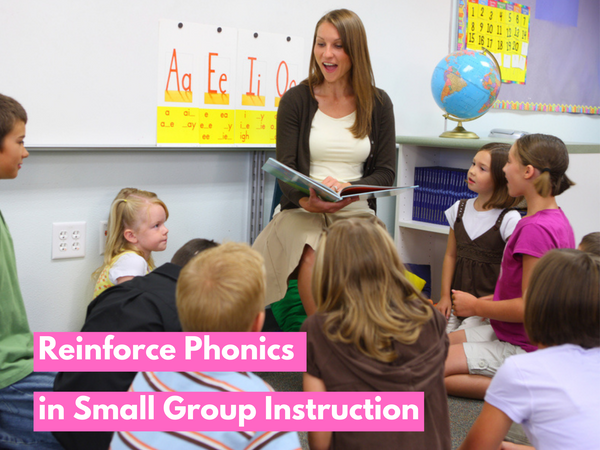
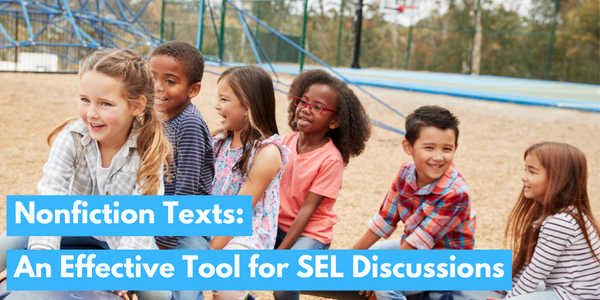
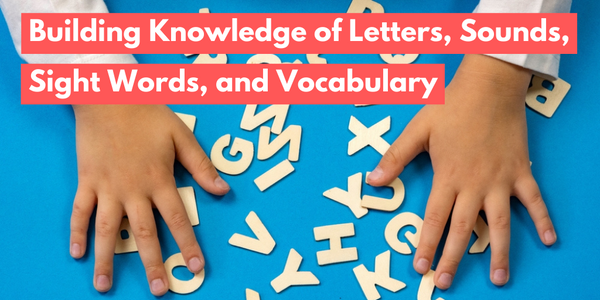
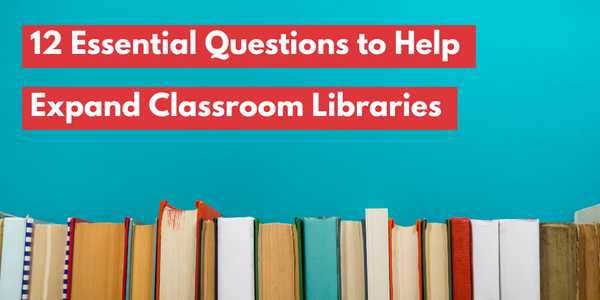
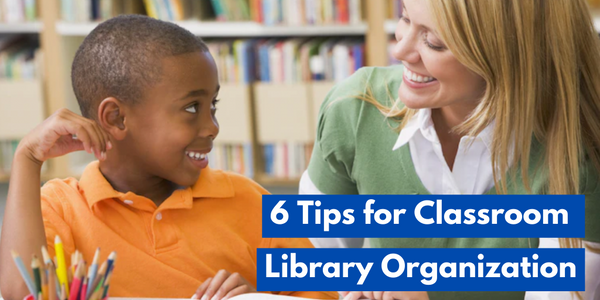

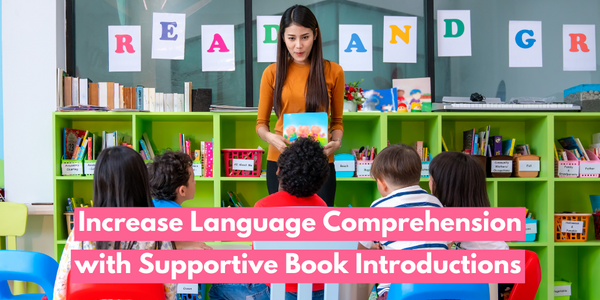


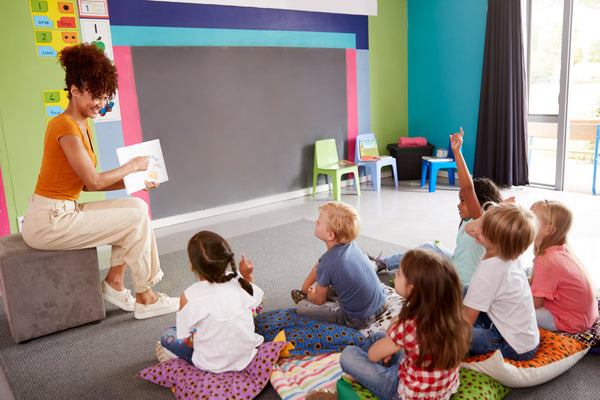

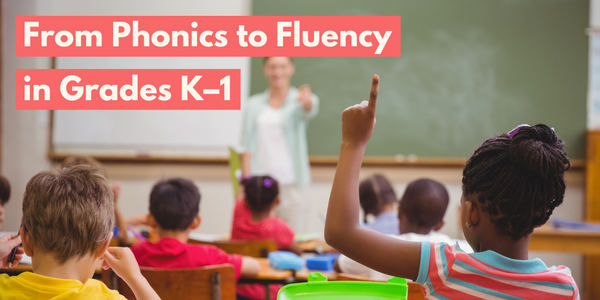


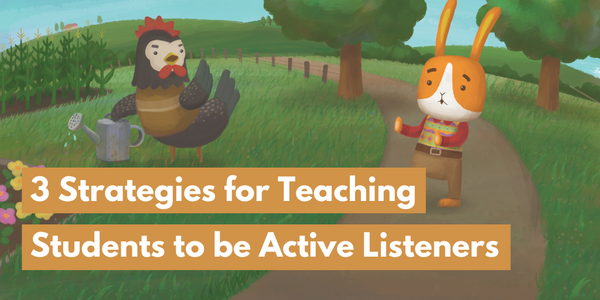

![6 Fun and Easy Activities to Practice Sequencing [Grades K-1]](http://www.hameraypublishing.com/cdn/shop/articles/Red_Typographic_Announcement_Twitter_Post-5_bf1ae163-a998-4503-aa03-555b038d1b76_600x.png?v=1689961568)